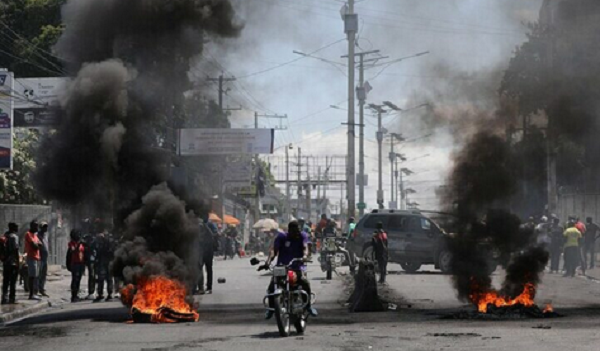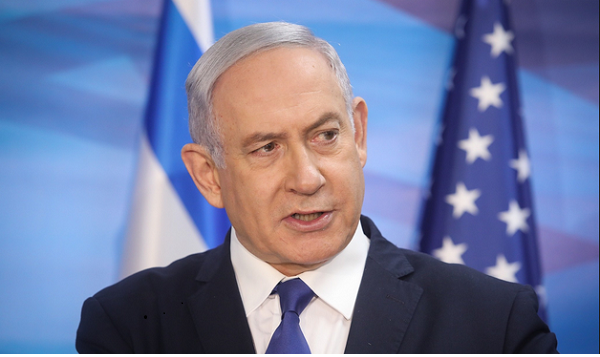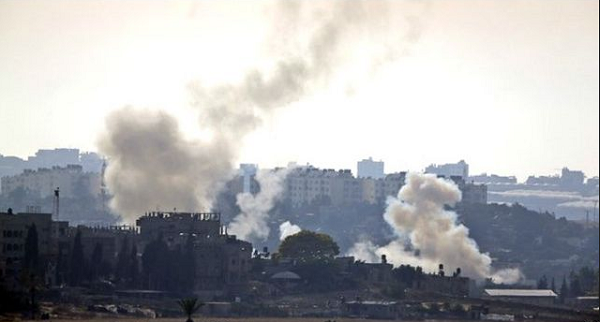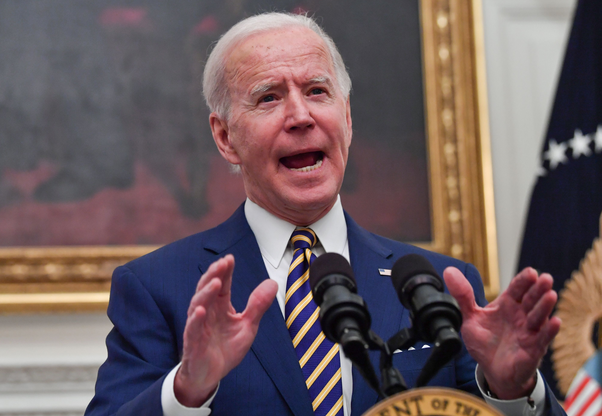Canadians are among stranded foreigners in Haiti as the country spirals into chaos
Canadians are among dozens of foreigners stranded in Haiti, where unrelenting gang attacks on state institutions have paralyzed the country and shut down international airports.
Caribbean leaders have been trying for months to get political actors in Haiti to agree to form an umbrella transitional unity government, but so far they have been unsuccessful.
Global Affairs Canada says 2,908 Canadians are currently registered in Haiti.
David Rocheleau, a 63-year-old agricultural mechanic from Saint-Hyacinthe, Que., flew to the small Caribbean nation on Feb. 28 for a four-day contract with Papyrus, a Haitian non-profit, to repair machinery and teach locals how to operate it.
The project was in the southern coastal city of Les Cayes, and Mr. Rocheleau flew back to the capital, Port-au-Prince, last Sunday to catch another flight home. But it was cancelled, along with another early in the week.
“I’ve been here five or six times,” Mr. Rocheleau said in an interview with The Globe and Mail, but he’s never been in that situation before. “Once or twice, they had a general strike, but they blocked roads, they would never block the airport. So, if we could get in somehow, to the airport, we could leave almost immediately.” Now, “we’re never sure of our departure date,” he said, hoping for a flight out in about a week or so.
Mr. Rocheleau is among many foreigners who are locked down in hotels and homes, unable to leave by air, sea or land as Haiti remains immobilized by the mayhem and the gangs’ demands that Prime Minister Ariel Henry resign.
Scores of people have been killed in the gang attacks that began Feb. 29, and more than 15,000 people have been left homeless by the violence.
Earlier this week, Haiti’s government extended a state of emergency and nightly curfew to try and quell the violence, but the attacks continue.
Gangs have burned police stations, released more than 4,000 inmates from Haiti’s two biggest prisons and attacked Port-au-Prince’s main airport, which remains closed. As a result, the prime minister has been unable to return home after a trip to Kenya to push for the UN-backed deployment of a police force from the East African country.
Mr. Rocheleau and a colleague, fellow Canadian Richard Phillips, stayed at a hotel near the airport, from where they heard gunshots early this week. Mr. Rocheleau was unfazed, posting on social media a picture of his laptop and a “good cold beer” at the bar, while shots were fired outside the brick wall and barbed wire surrounding the hotel.
Back home, his wife, however, “is very worried, she sees all the news reports, and they just show the bad things,” he said. Friday, they moved to a friend’s home in Petion-Ville, just outside the capital and further away from the violence.
Mr. Rocheleau is not concerned about his safety during this “forced vacation,” but is still anxious to get home. “I’m supposed to be working, I have a full-time job working at a John Deere dealership in Saint-Hyacinthe, I’m supposed to be there Monday.” And meanwhile, “the bills aren’t getting paid,” he said.
Mr. Rocheleau said he and Mr. Phillips registered with Global Affairs Canada “but there’s no direct help” from them, he said. GAC did not immediately respond to The Globe’s request for comment.
Mr. Phillips, a 65-year-old from Ottawa, told the Associated Press he is “quite concerned about where this is going.” He exhausted all options to leave Haiti by air, noting that a helicopter operator couldn’t get insured for such a flight and a private plane pilot said that approach would be too risky. As for trying to trek to the neighbouring Dominican Republic: “It’s possible we could walk miles and miles to get to a border, but I’m sure that’s dangerous as well.”
“If the police force collapses, there’s going to be anarchy in the streets, and we might be here a month or more,” he said.
Despite being stuck in a country spiralling into chaos, Mr. Phillips remained calm. “I’ve been shot at many times in Haiti and have bullet holes in my truck,” he said. “I’m kind of used to it. But I’m sure other people, it’s quite traumatic for them.”
Members of the CARICOM regional trade bloc have called for an emergency meeting in Jamaica with the United States, Canada and France on Monday to seek a way out of the escalating violence.
“It is vital that this engagement be at as high a level as possible to send a clear message of unity between Caricom and the international community as we work together to provide the critical support to the Haitian people at this time of crisis for them,” the group said in a statement.
Minister of Foreign Affairs Mélanie Joly said on Friday that “Canada remains deeply concerned about the escalation of violence in Haiti and strongly condemns the abuses being committed by armed gangs.”
“Canada will continue to support Haitian-led solutions to the political, security and humanitarian crises,” Ms. Joly said in a statement, adding that she is “in regular contact with my counterparts from CARICOM.”
The federal government advises against all travel to Haiti “due to the threat posed by kidnappings, gang violence and the potential for civil unrest throughout the country.” Its travel advisory says Canadians already in Haiti should consider leaving the country by commercial means if they can do so safely.
“The government is not planning any departure assistance or repatriation flights for Canadians in Haiti,” Global Affairs said Saturday.
With a report from the Associated Press
This article was first reported by The Globe and Mail












